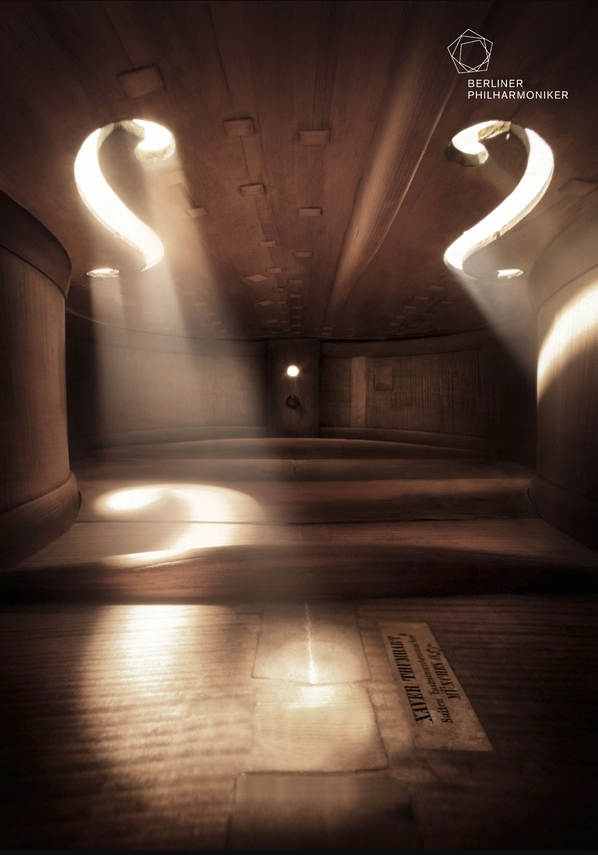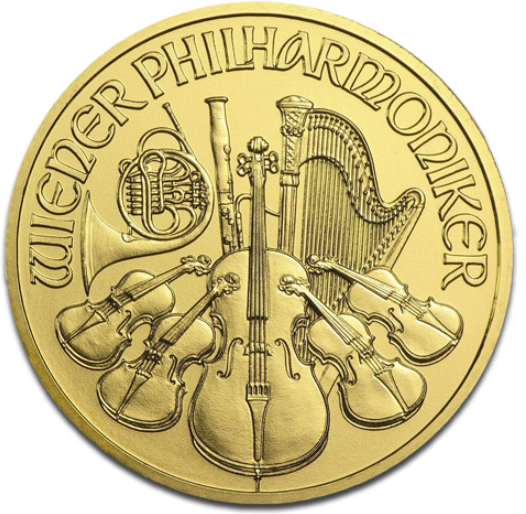What do you reckon this is?

I thought it was from a real estate brochure. I was disappointed to find that you can’t live in there as this is the inside of a violin (I suppose the watermark is a bit of a giveaway). Considering the cost of some violins in the Berlin Philharmonic orchestra however, it may as well be prime real estate.
I’m currently writing a report for investors looking to preserve their wealth outside of the financial system – keep an eye out for it in the near future.
You may not have seen violins in an investing light before, but their market performance may surprise you. According to Credit Suisse, using data running back to 1900, violins have seen better annual returns than bonds, fine art, gold, silver and diamonds.
Tim Price wisely points out that the outperformance of violins over gold may have something to do with the fact that the price of gold was fixed for decades by the state. But as the state has never directly manipulated the price of violins (so far as we know, anyway), this makes them all the more appealing to investors who like to play it safe.
And in a world where trust in the financial system (not to mention the media and the government) is low, you can see the appeal of an asset you can hold in your hand, and isn’t locked in a bank account or investment fund.
Provided you have a safe place to store it, violins have a lot going for them. They’re a hedge against inflation, and are of course completely outside the financial system – provided you don’t store one in a safety deposit box at a bank.
There is a caveat here however, as it’s not just any old violin that Credit Suisse is referring to, but rare violins made by the likes of Antonio Stradivari and Giuseppe Guarneri hundreds of years ago, which can sell at auction for millions of pounds.
Interestingly, there has never been a crash in Stradivarius prices, even during times when the fine art market has taken a tumble.
Florian Leonhard, a high profile violin dealer, has the theory that only responsible investors make up the violin market, and that there are no speculators – making the market immune to bubbles as well as crashes. I’m sceptical, but it’d certainly be hard for speculators to enter the market – there certainly aren’t many speculative vehicles (like leveraged exchange traded funds) for violins kicking around.
Wealthy investors who own such violins leverage their returns by lending them to prodigal violinists. The musicians generally pay for the insurance, and increase the value of the instrument as it then has a richer history, having been played by a famous musician.
But even cheaper violins can yield returns – in extenuating circumstances.
There’s something known as ‘crisis alpha’ in the investing world. An investment’s ‘alpha’ is its outperformance above a certain benchmark (the performance of the FTSE 100, for example).
Crisis alpha refers to investments, or strategies that make money during times of crisis (or financial stress generally – when the FTSE 100 crashes, for example).
The violin played by William Hartley as the Titanic sank sold for £900,000 in 2013. Considering other violins created by the same man (a luthier by the name of Arthur Catton Lancaster) have sold for less than £250 relatively recently, that’s incredible crisis alpha. Although it wasn’t his intention, and he never lived to see it, the noble violinist created crisis alpha with his last performance.
So with a cheap violin, in the event of monetary and societal Armageddon, at least you can play the world some music as it collapses. And provided somebody remembers you doing this, your violin should increase in value markedly once (or if) civilisation reasserts itself.
But violins do have their downsides – as with any work of art, the market is incredibly illiquid. Not to mention their fragility. Yesterday, a cargo plane spilled more than 3 tonnes of unrefined gold, over a runway in Siberia when the cargo door opened unexpectedly – since then, all of the gold has been recovered intact. Something tells me the outcome would be a lot different had the hold been full of string instruments.
For those wanting a more durable investment that carries crisis alpha, these (courtesy of the Austrian Mint) may be more appropriate:

All the best,
Boaz Shoshan
Editor, Southbank Investment Research
Related Articles:
Category: Economics

